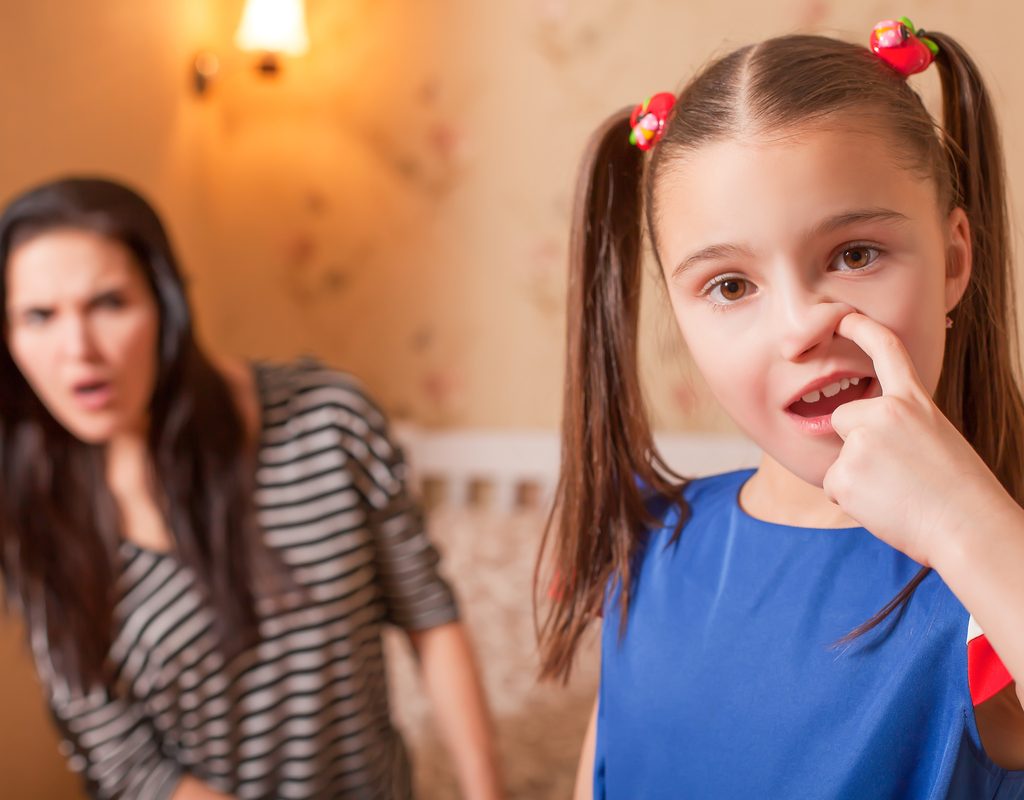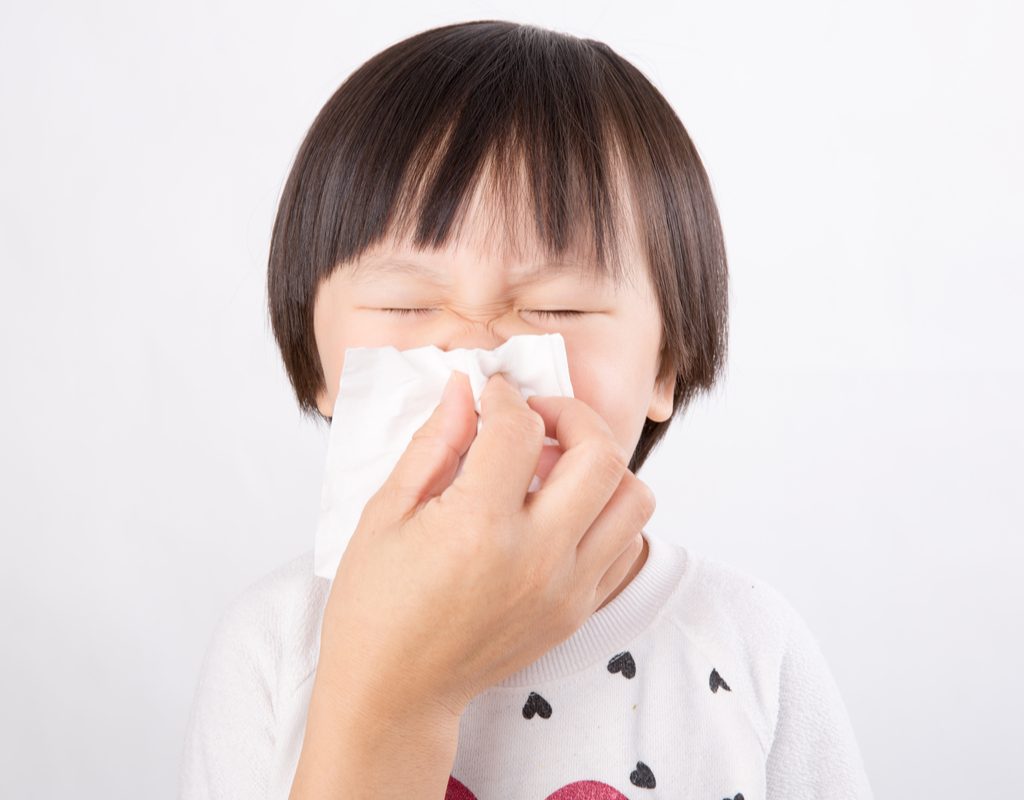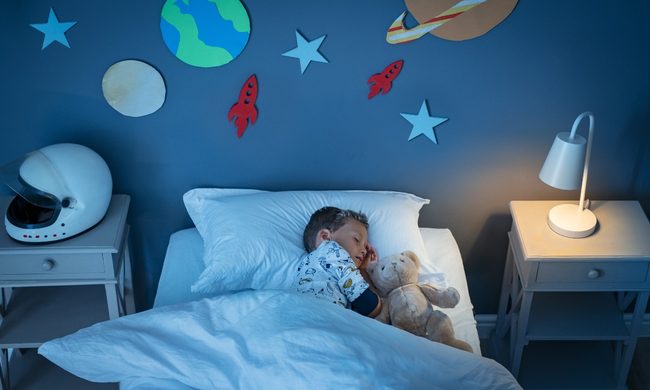
Seeing blood coming out of your child’s nose is a frightening sight, especially if it seems to come out of the blue. Nosebleeds are pretty common in kids and teens. Some get nosebleeds more frequently than others, which often leaves parents worried. Most nosebleeds aren’t a cause for concern, but experiencing them does lead to questions.
First off, how should a parent stop a nosebleed? Do you pinch the nose? Put your child’s head back or forward? Once they get their child’s nosebleed to stop, parents are left wondering what caused the nosebleed. Let’s get to the root of these often-Googled questions, so if your kiddo has a nosebleed, you will know exactly what to do.

What causes nosebleeds?
Most of us have experienced nosebleeds. They’re certainly unsettling in adults, but even more so with children. At some point, though, your kiddo is probably going to come to you in a panic because of a nosebleed. Most nosebleeds in children are anterior, meaning the blood is coming from the front of the nose. The cause is typically broken or irritated blood vessels inside the nose. Posterior nosebleeds come from the back of the nose. These are very rare in kids.
Nosebleeds can happen at any age in kids and teens. Most nosebleeds aren’t cause for concern, though they can look terrible. Here are the most common causes of nosebleeds in kids.
- Injury: Kids are kids. So, sometimes, someone gets an elbow in the nose by accident or gets hit with a ball.
- Dryness: Very dry air in the house in the winter or any time of year can dry out the membranes of the nose and cause a nosebleed.
- Picking: Most people have picked their nose from time to time, but kids are fascinated by it. Constantly picking the nose can lead to nosebleeds.
- Colds: Congestion from a cold and frequent nose blowing can cause irritated noses to bleed.
- Allergies: Just like a cold, noses constantly inflamed from allergies can bleed.
- Nasal sprays: Over-the-counter and prescription nasal sprays used to relieve congestion from colds and allergies can make noses bleed.
- Infection: Sinus infections and other bacterial infections impacting the nasal membranes can be a cause of nosebleeds.

How to stop a nosebleed
When your child’s nose is bleeding, it’s definitely scary. The first thing to do is to take a deep breath and stay calm. Then, take these steps to stop the nosebleed.
- Sit your child in a chair or on your lap, leaning forward.
- Pinch the front part of the nose with a clean tissue or cloth for 10 minutes.
- Avoid looking to see if the bleeding stopped. Keep the gentle pressure going.
- Don’t have the child put their head back. You don’t want the blood running down the throat.
- Once the bleeding stops, clean up the face, but avoid blowing.
- Remind your kiddo not to pick or blow their nose.
- Have your child relax for a while after a nosebleed.

When to call the doctor
Of course, nosebleeds are scary, but they are common in kids and teens. Most nosebleeds will stop in 10 minutes by applying gentle pressure. Sometimes, nosebleeds may be a cause for concern and warrant a call to your pediatrician or a visit to urgent care. Here’s when you should reach out to a medical professional for nosebleeds.
- If your child injured their nose in an accident or sporting activity and the bleeding won’t stop after 10 minutes.
- Kids sometimes stick things up their nose, which may cause bleeding. If this happens, give your doctor a call, especially if the object is sharp.
- If the nosebleeds seem to be particularly heavy and slow to stop.
- Frequent nosebleeds.
- A nosebleed is accompanied by dizziness or tiredness.
Nosebleeds are frightening, especially when it’s your kiddo having one. Try not to worry, though. Most nosebleeds aren’t anything to be concerned about. The most important thing is to stay calm for your child’s sake. Then, follow the steps for how to stop a nosebleed. Nosebleeds are usually caused by dryness, picking, illness, or injury. Sometimes, with frequent nosebleeds or ones that won’t stop, it’s time to reach out to your pediatrician. Whenever you have a question or a concern about your child’s nosebleeds, talk to your doctor.


